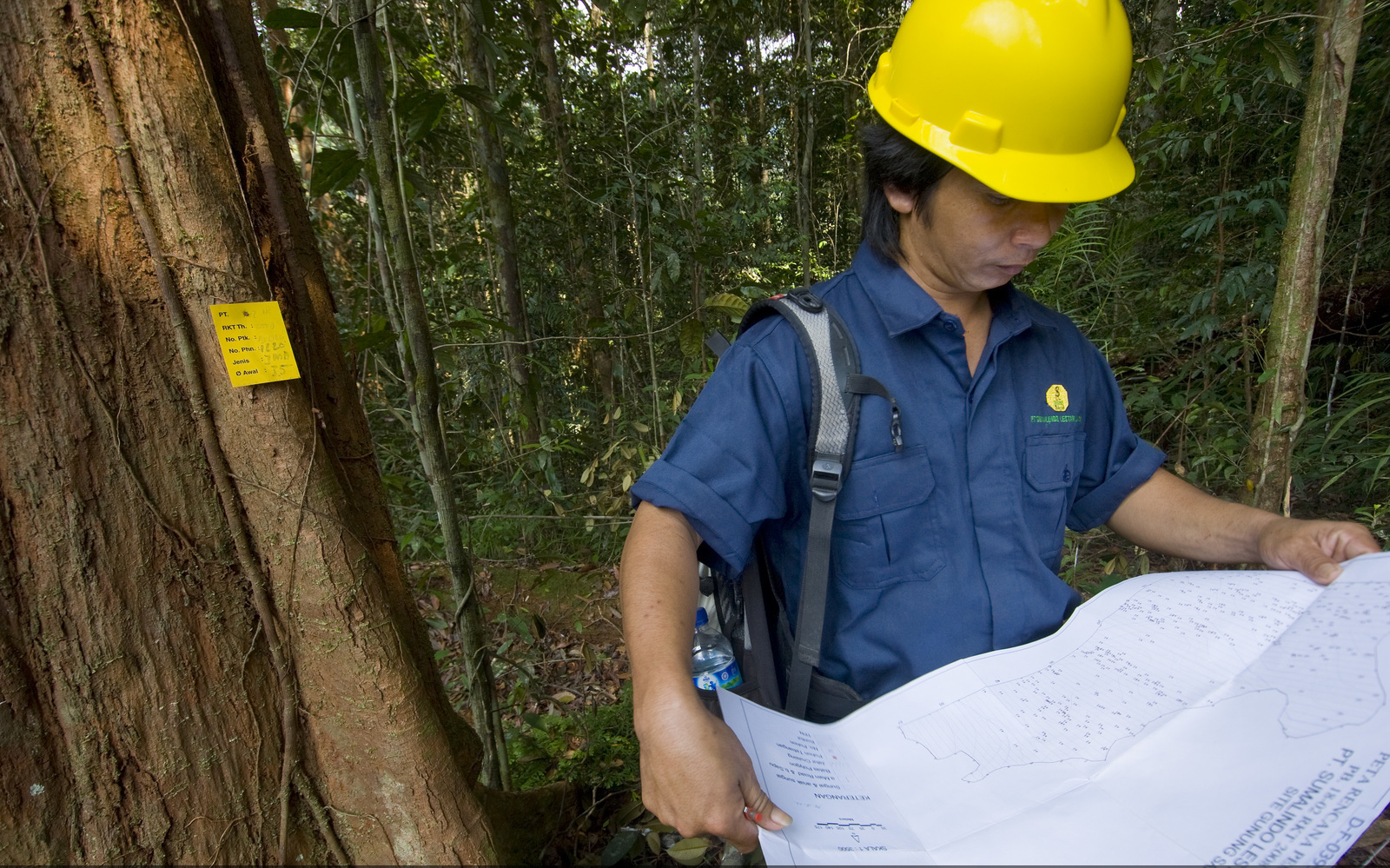In response to global demand for sustainable goods production, hundreds of companies have promised to stop producing, buying, and selling agricultural commodities grown on recently deforested land. However, the current method available to support managers’ efforts to do this is inadequate because it is complex, expensive, and may limit the success of wildlife conservation in associated forests.
OUR APPROACH: The team of experts in remote sensing, conservation biology, landscape ecology, and supply chain management are collaborating with conservation groups, companies, and smallholder cooperatives to understand the technical and financial barriers they face when seeking to access zero-deforestation supply chains. Based on this collaboration, the team aims to produce a tool (e.g. a mapping or decision support tool) that can help users overcome the above barriers to supply chain change while maintaining forest connectivity.
Team Status:

Leaders
Robert Heilmayr
Kimberly Carlson
Members
Michael Eggen
Kemen Austin
Rodrigo Rivero Castro
Edi Suhardi
Peter Bayliss
Jason Jon Benedict
David Burns
Joann de Zegher
Jane Hill
Matthew Luskin
Advisors